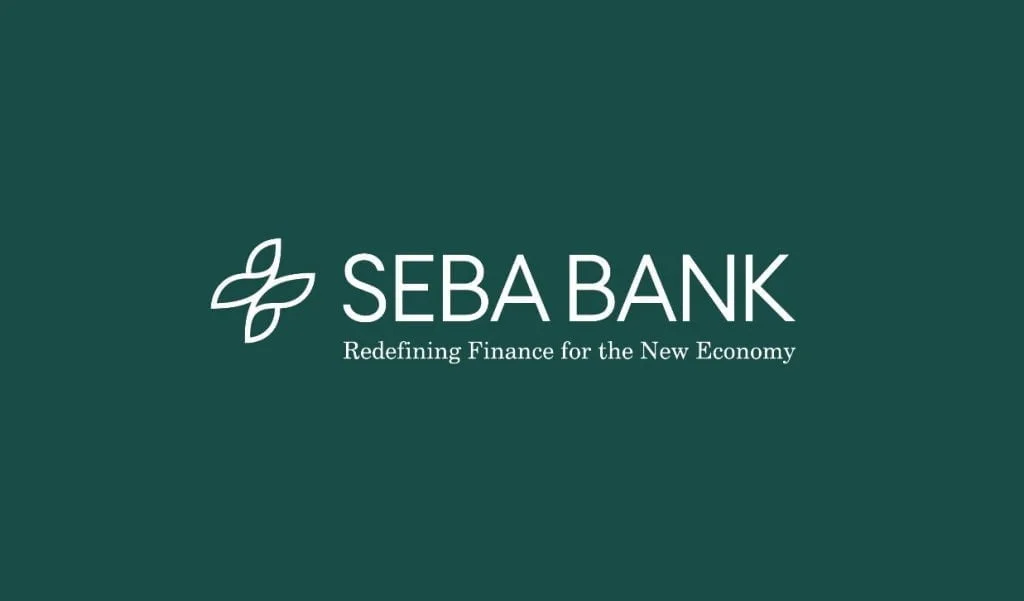SEBA Bank launched a solution enabling institutions to engage in Ethereum (ETH) staking as the Ethereum network transitions from proof-of-work (PoW) consensus to proof-of-stake (PoS).

SEBA Bank, a Swiss digital asset banking platform, announced the debut of an Ethereum staking service for organizations looking to profit from staking on the Ethereum network in a press release. Decentralized financing (DeFi) services are in greater demand among institutions, the company claims, thus the decision was made in response.
SEBA Bank, according to Mathias Schütz, an executive, thinks that institutions may contribute to the security of the Ethereum network by staking ETH. Schütz cited the following:
“The launch of our Ethereum staking services will enable institutional investors to play a key role in securing the future of the network, via a trusted, secure and fully regulated counterparty.”
According to the executive, the impending Merge will mark a crucial turning point for the network’s security, scalability, and sustainability. Launching ETH staking for institutions, according to Schütz, enables their business to stay up with the quickly changing digital asset market.
In front of the Ethereum Merge, businesses other than SEBA Bank have begun to offer staking services. Anchorage Digital, a cryptocurrency bank, also unveiled its ETH staking service for institutional clients in June.
Institutional participation in ETH staking is a “win-win” situation for the ecosystem and institutions, according to Diogo Mónica, co-founder of Anchorage Digital.
For users to stake ETH collectively and earn interest, Ethereum mining pool Ethermine has developed a new staking pool. Users who have at least 0.1 ETH can join the pool. The site did point out that smaller shares result in higher costs. For ETH staking, the platform currently offers an annual return rate of 4.43%.

